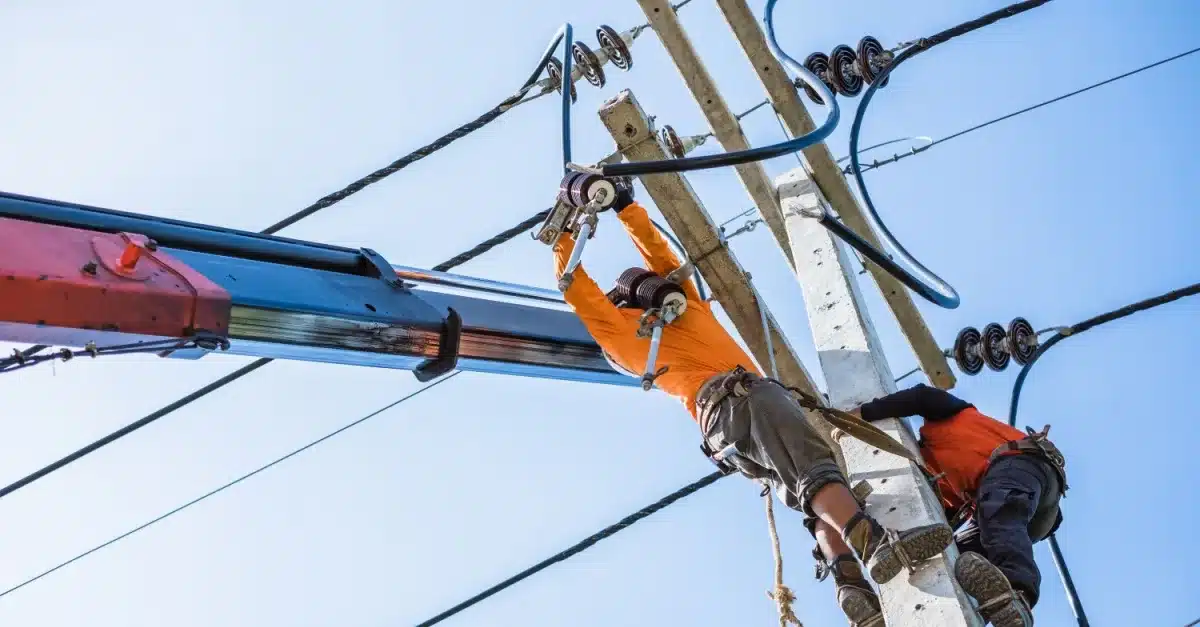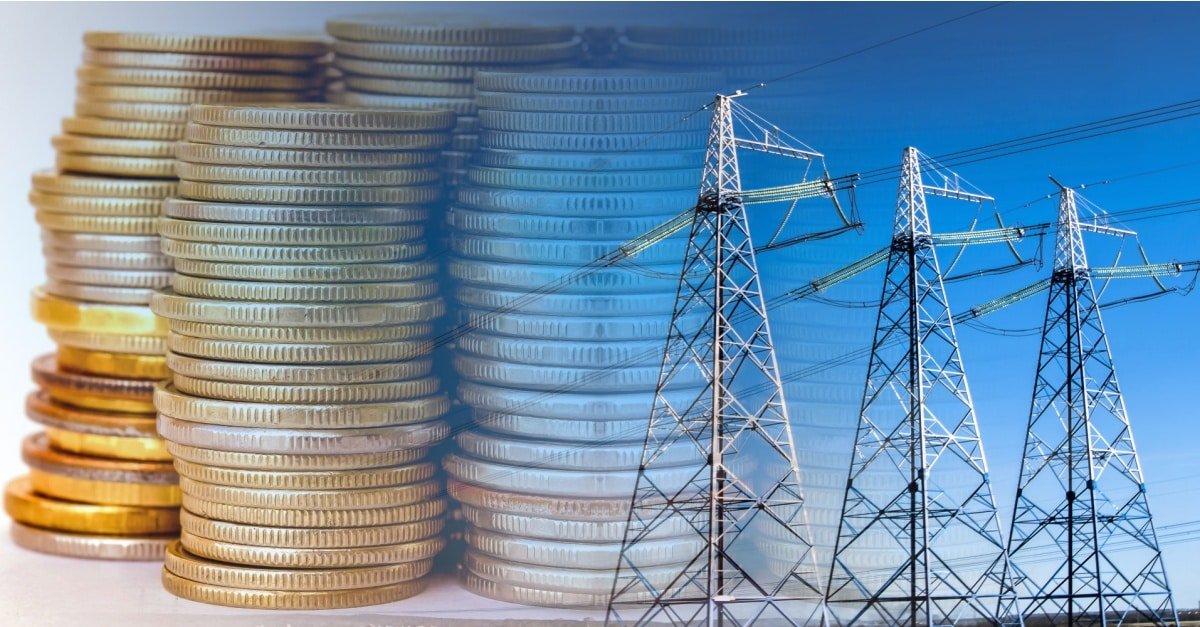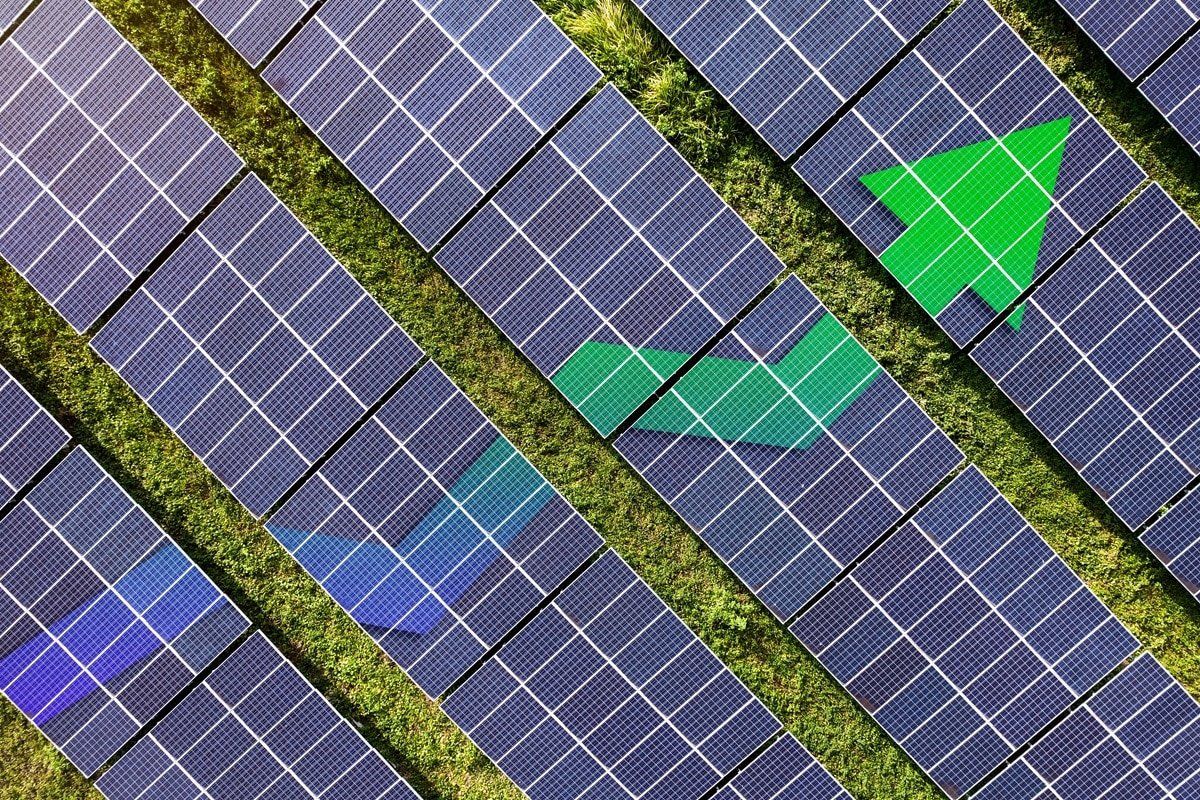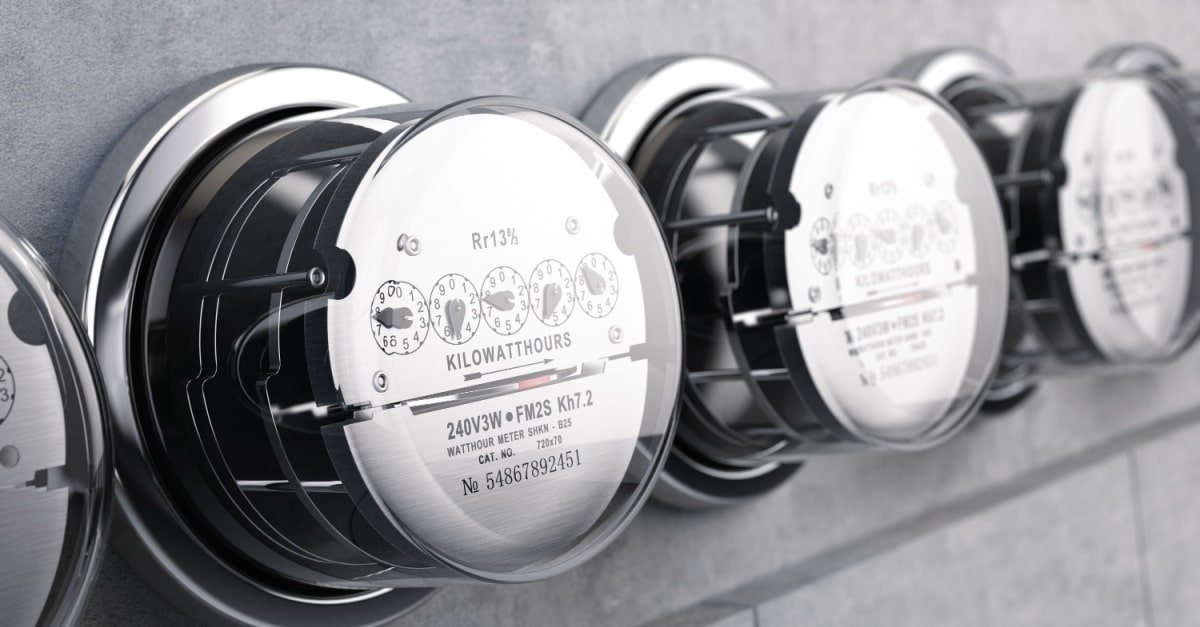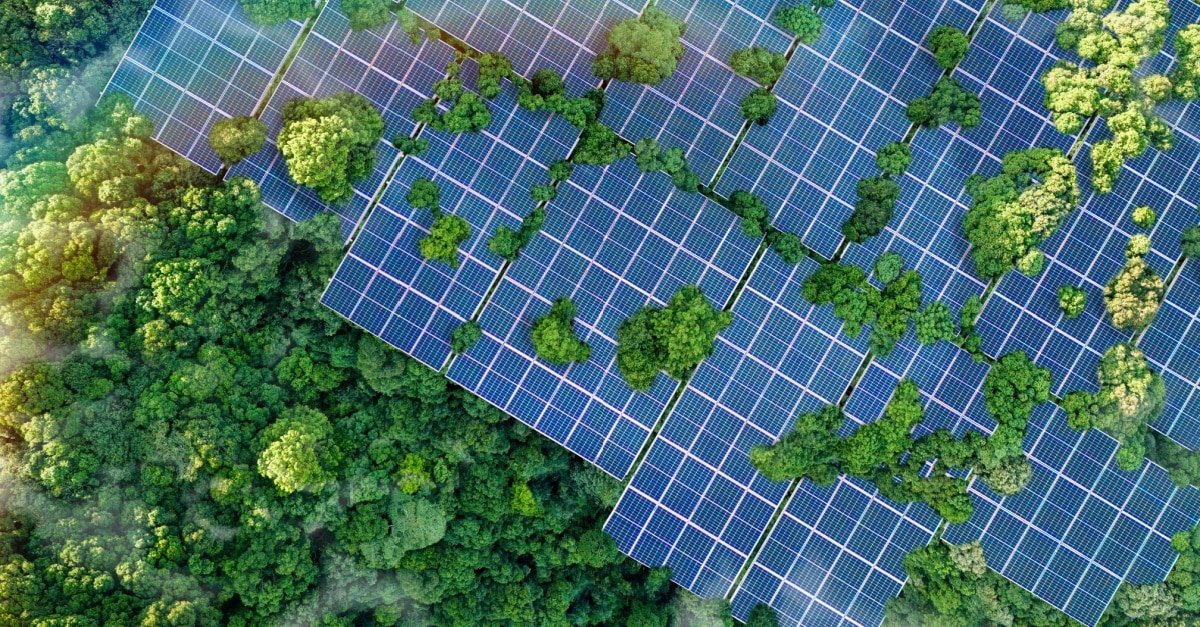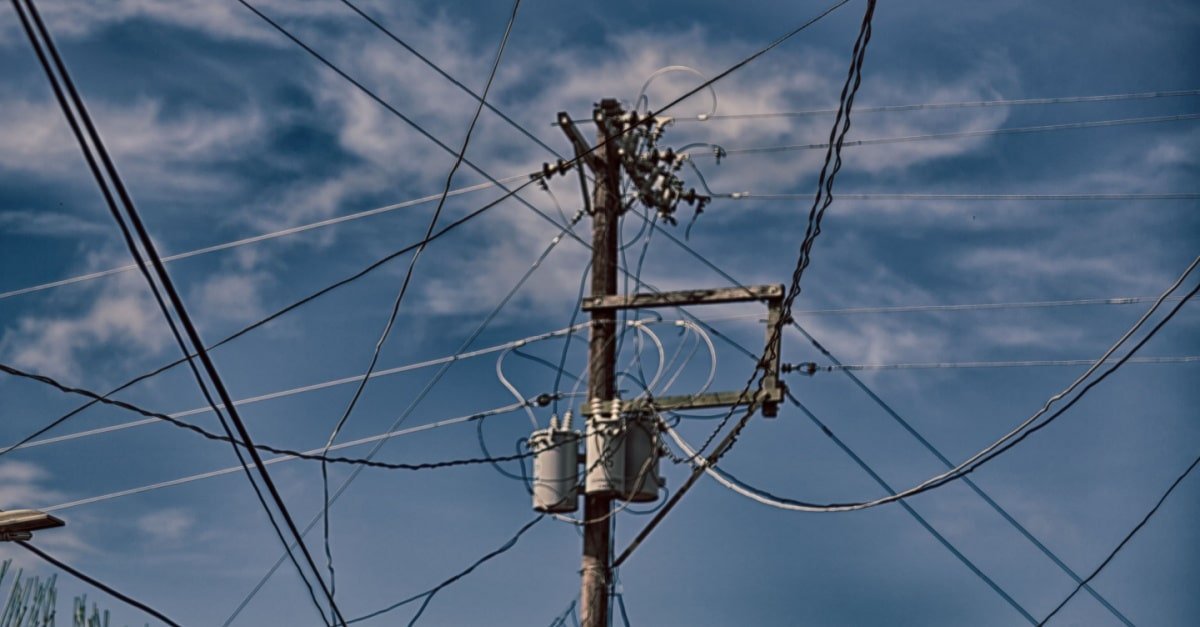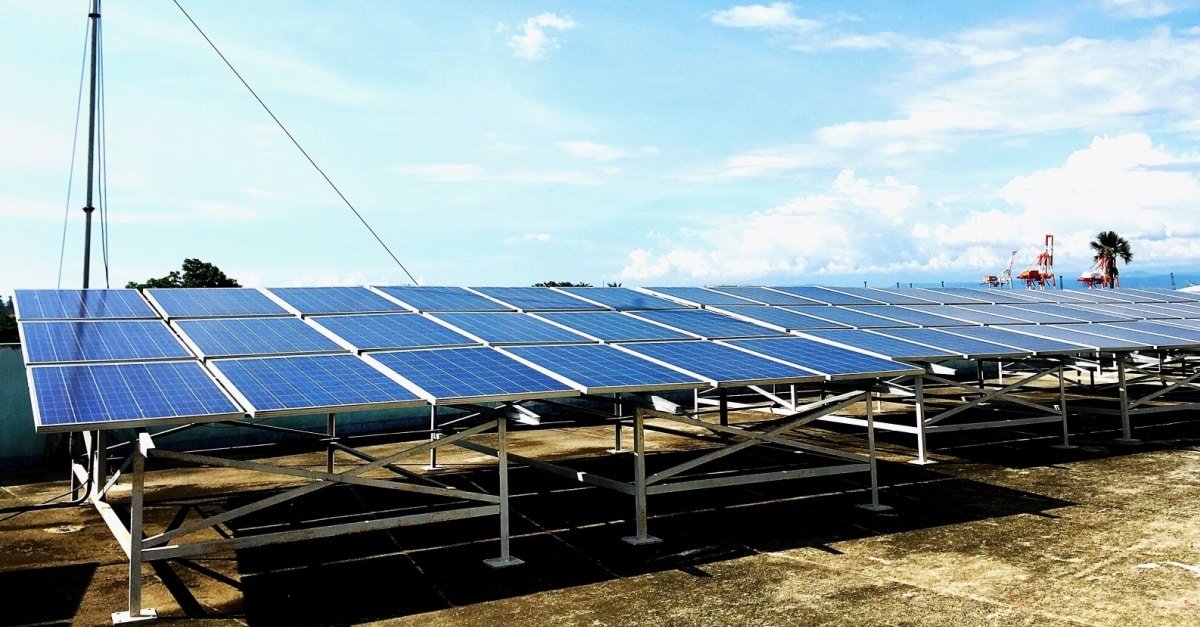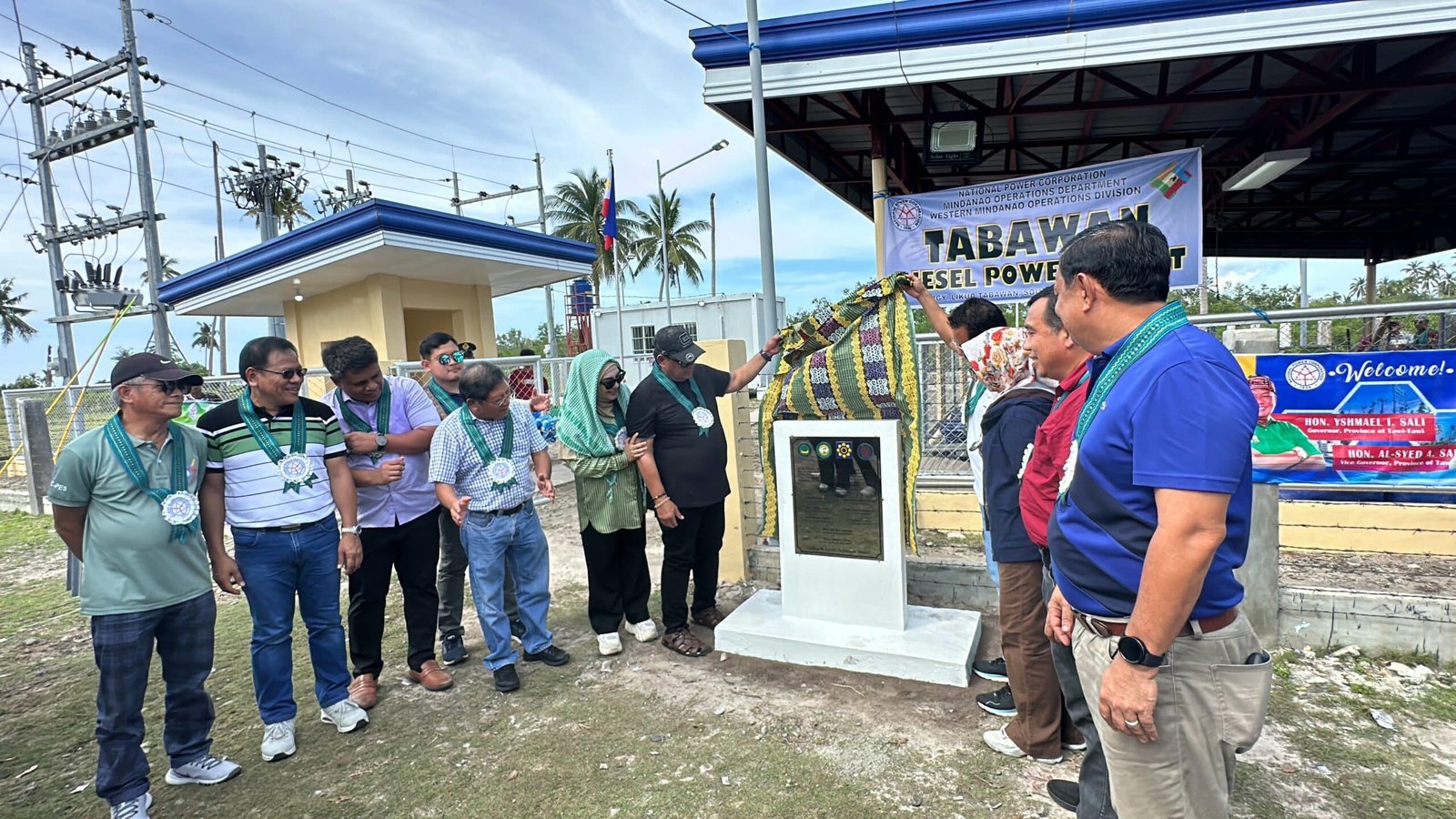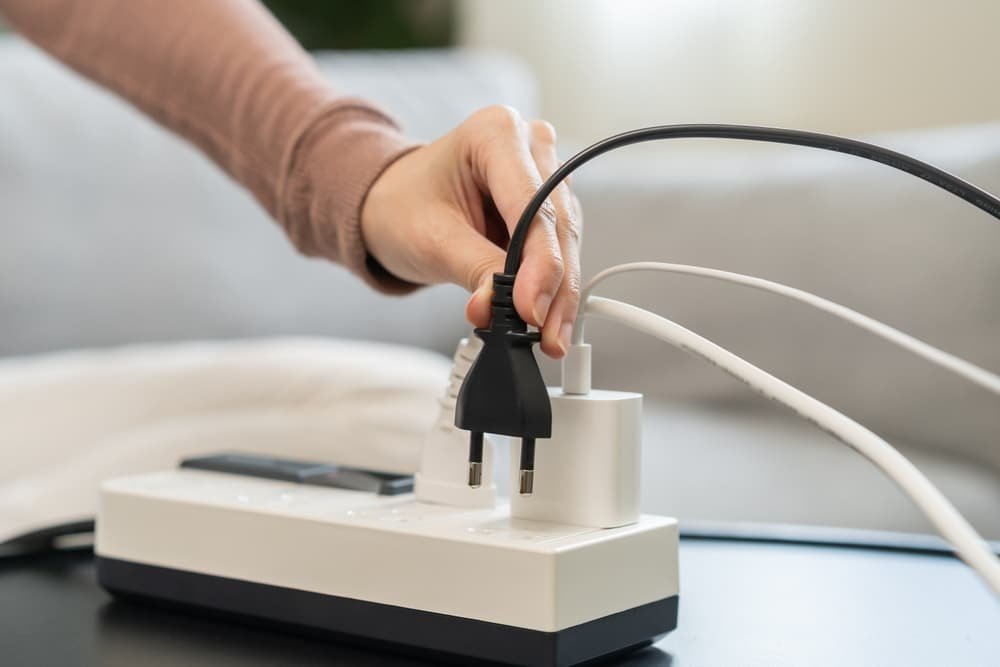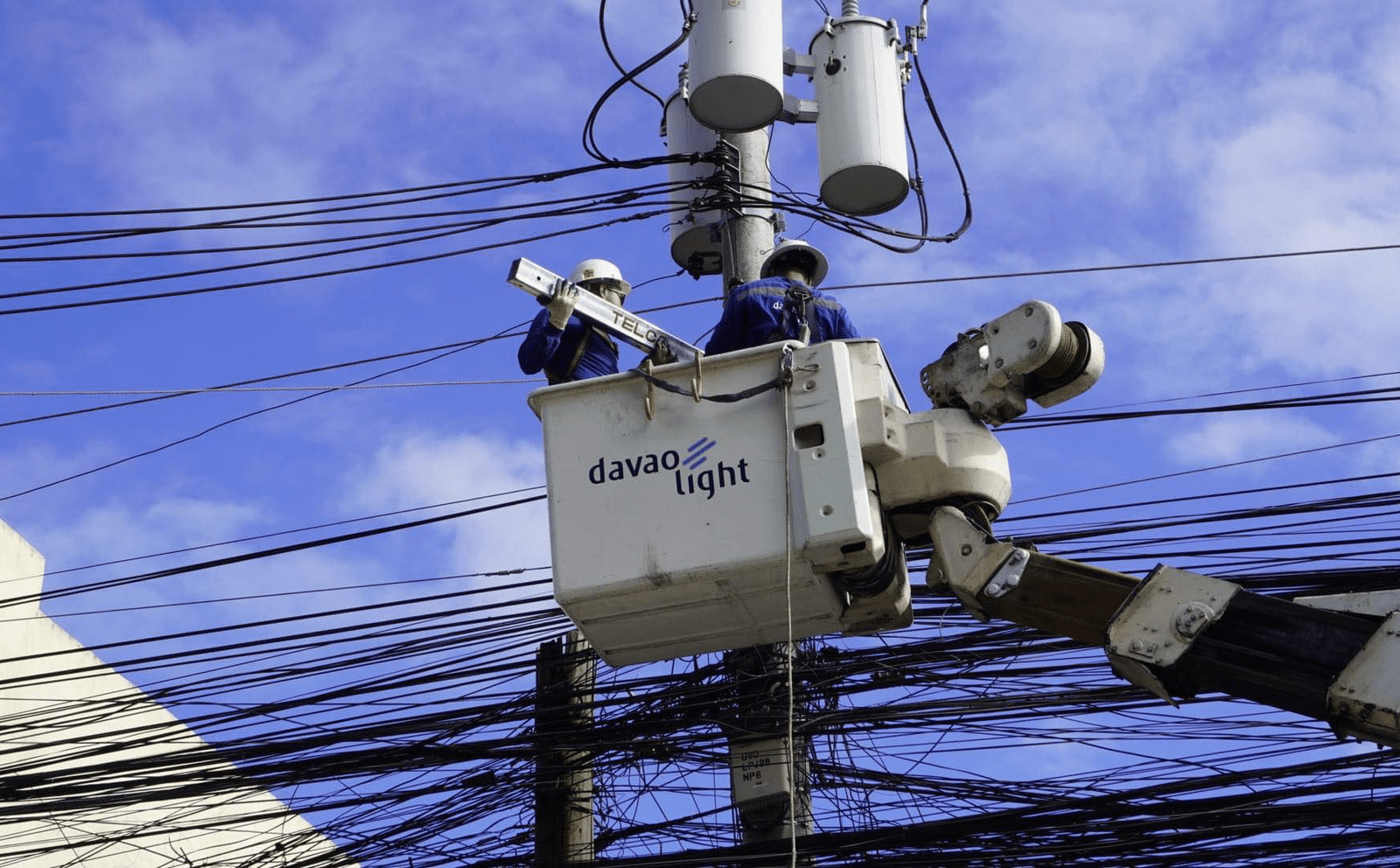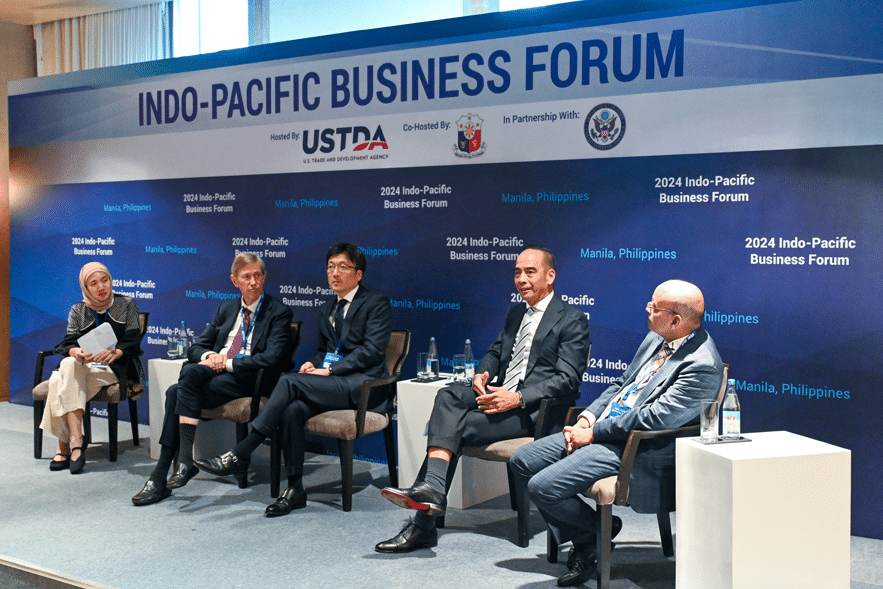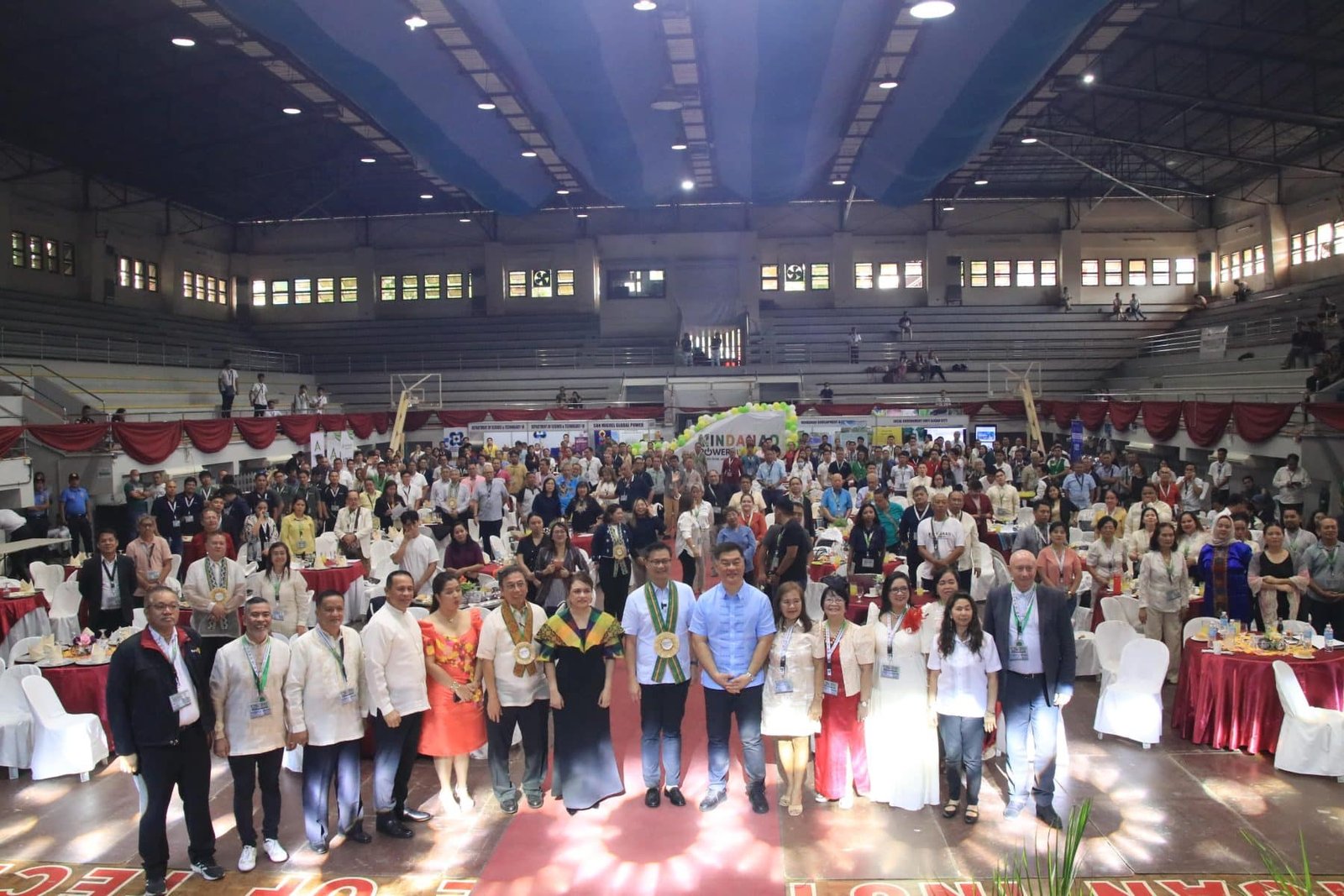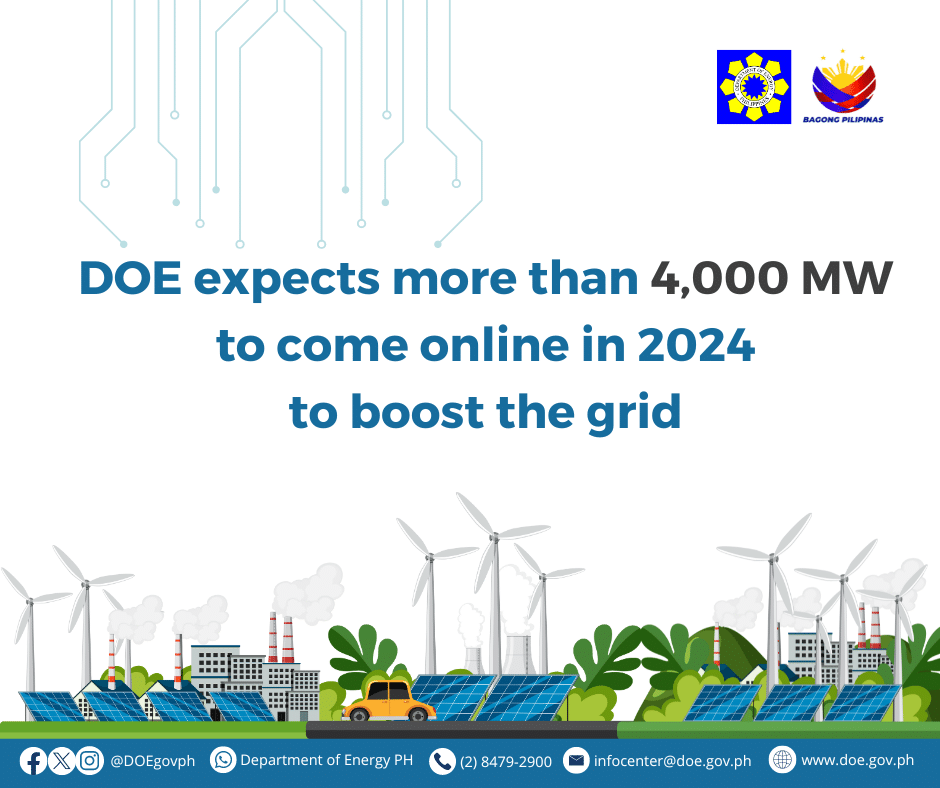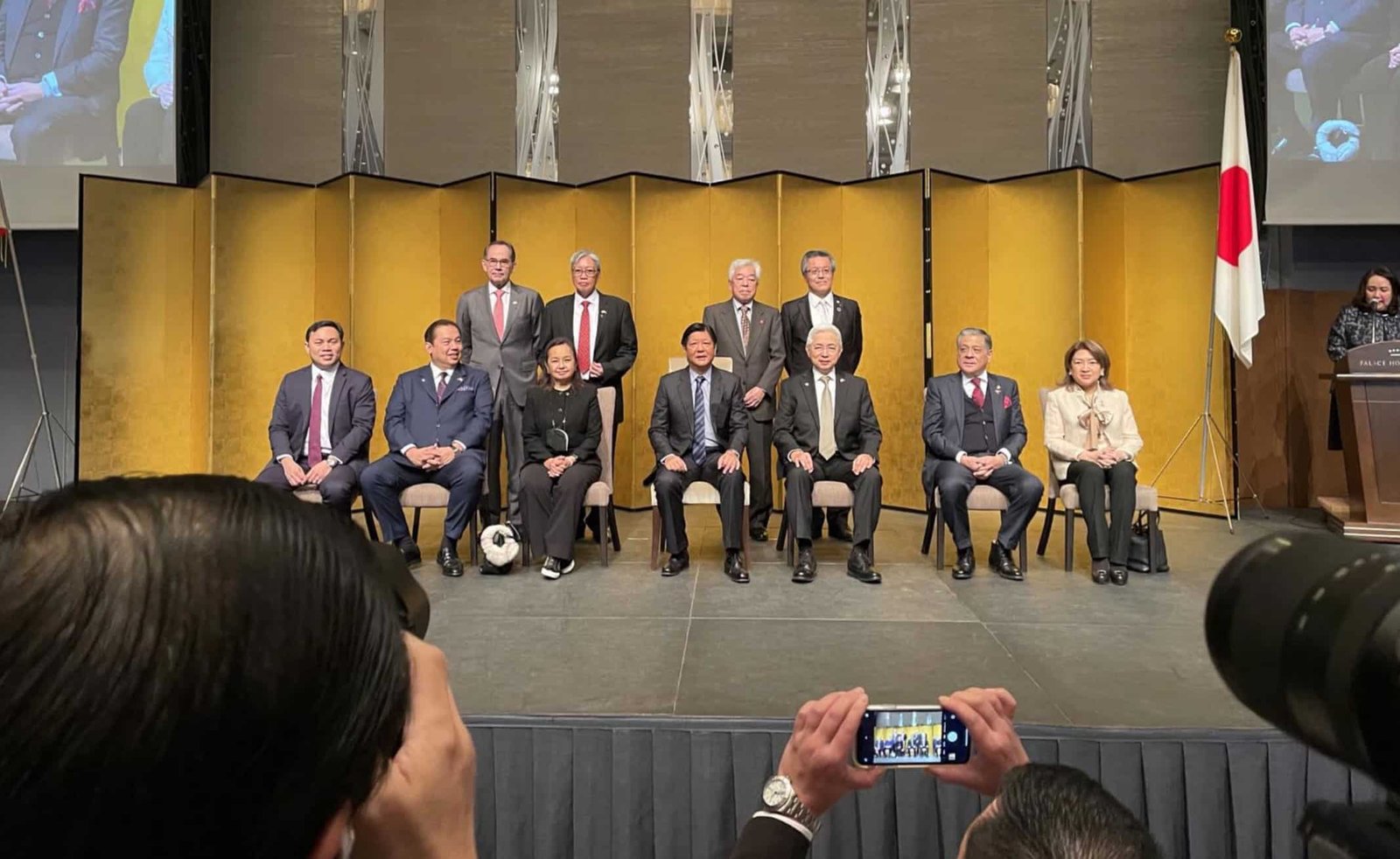
AboitizPower recently signed a Memorandum of Understanding with Japanese firms Kawasaki Heavy Industries, IKS, and Amber Kinetics to lead the Philippines-Japan consortium to develop technologically-enabled solutions to the energy needs of the country.
AboitizPower, driven by its vision of a cleaner and more sustainable energy future, believes that technology can make electricity more cost-efficient and improve their customer service. That’s why it has tapped the Japanese companies pioneering in energy technology.
Engineering expert Kawasaki Heavy Industries is known for its virtual synchronous generator (VSG) technology which produces a more stabilized grid frequency.
IKS produces innovative power control system (PCS), I_DENCON technology inverters.
Amber Kinetics is developing a technologically-advanced long-duration Flywheel Energy Storage System (FESS).
With their proprietary technologies, the consortium led by AboitizPower aims to find sustainable, reliable, and economically-efficient solutions for Filipinos.
The agreement is seen to have a positive impact on the energy landscape. “With this consortium, the Philippines and Japan can make a significant impact on our transition towards a more sustainable future. Our partnerships represent a powerful alliance that will drive technological innovation and harness the power of renewable energy to create a brighter future for generations to come,” said AboitizPower Chairman Sabin Aboitiz.
Kawasaki Heavy Industries’ Senior Managing Executive Officer and President of Energy Solution and Marine Engineering Tatsuya Watanabe, IKS Co. Ltd. President Takashi Imai, Amber Kinetics Chief Executive Officer Edgar Chua and AboitizPower Chairman Sabin Aboitiz signed the memorandum.
Also present at the event were Philippine President Ferdinand R. Marcos Jr., Department of Trade and Industry Secretary Alfredo Pascual, Senator Mark Villar, House Speaker Martin Romualdez, Senior Deputy Speaker and Former President Gloria Macapagal-Arroyo, Special Assistant to the President Antonio Lagdameo Jr., and Philippine Ambassador-designate to Japan Mylene Garcia-Albano.
Grid stability
As the Philippines transitions to using more renewable energy (RE), experts are concerned about the issue of grid stability.
Traditional power plants have generators and turbines that are large spinning masses. The inertia of these spinning machines maintain a 50-60Hz of electrical supply at any time. Renewable energy does not function in the same way.
Factors that affect grid stability with the integration of RE include the overload at peak hours when the different sources of RE produce more energy than is consumed; fluctuations in the generation of energy as consumers become producers; and varying levels of consumer demand.
Thanks to experts, such as AboitizPower and the Japanese companies in the Philippines-Japan consortium, solutions to incorporating more renewable energy without losing the stability of the grid are close at hand.
References:
AboitizPower to lead PHL-Japan Consortium on exploration of RE innovations
Renewables Rescue Stability as the Grid Loses Spin | News | NREL
Changing energy mix and its impact on grid stability | Swiss Re


